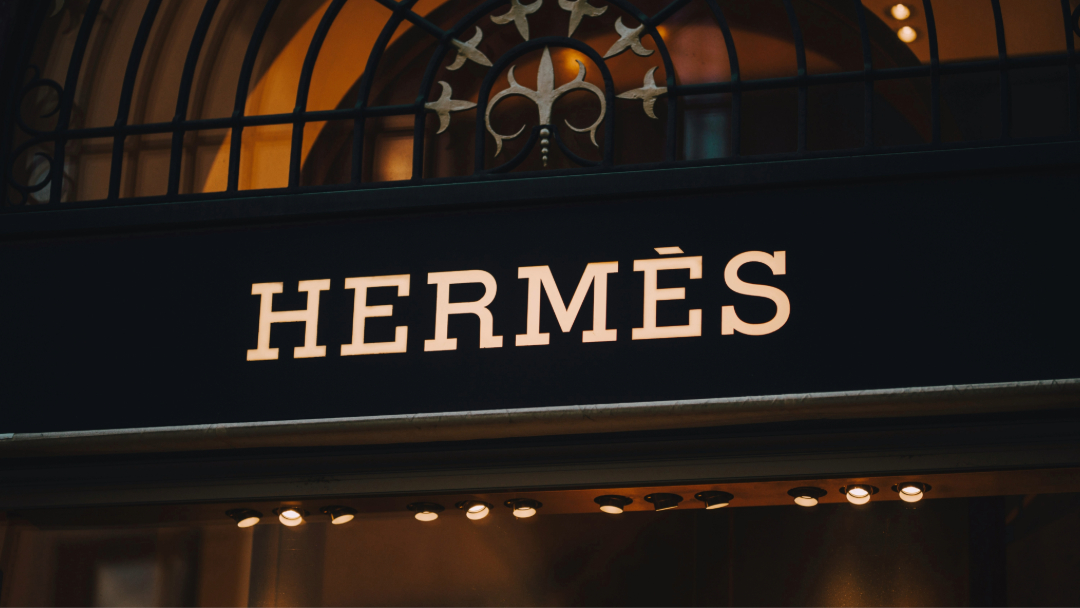The ‘death’ of certain tax havens, debates on ‘tax flight’ and a few outspoken billionaires volunteering to pay higher taxes have some in the luxury industry in a tizzy – but how relevant is it all?

The ‘death’ of certain tax havens, debates on ‘tax flight’ and a few outspoken billionaires volunteering to pay higher taxes have some in the luxury industry in a tizzy – but how relevant is it all?
Billionaires Liliane Bettencourt (left) and Warren Buffett (right)
Way back in 1789, Benjamin Franklin, one of the founding fathers of the United States, wrote in a letter to one of his contemporaries that “in this world nothing can be said to be certain, except death and taxes.”
It is little wonder that taxes ranked so high in Franklin’s estimation of life’s inevitabilities. After all, the American Revolution was sparked by what his countrymen considered unjust taxation by the British. But despite his enlightened attitudes and unbridled optimism, what Franklin could probably never have envisioned was a day when uber-wealthy Americans would actually volunteer to pay more taxes than the government levied.
Enter Warren Buffett, business magnate and legendary investor worth over $50 billion, who earlier this month penned an op-ed piece in the New York Times calling for an increase in taxing the wealthy to help alleviate the national debt and the widening gap between the rich and poor.
“ Charity, even on this colossal scale, is one thing. Taxes, however, are quite another. ”
“My friends and I have been coddled long enough by a billionaire-friendly Congress," he wrote. "It’s time for our government to get serious about shared sacrifice…I would raise rates immediately on taxable income [of the 236,000+ households] in excess of $1 million. And for those who make $10 million or more – there were 8,274 in 2009 – I would suggest an additional increase in rate.”
Perhaps it wasn’t all that surprising considering that Mr. Buffett has long been a respected philanthropist and that last December, jointly with Bill Gates and Facebook’s CEO Mark Zuckerberg, he promised to donate to charity at least half of his wealth over time. Inviting others in the UHNWI league to do the same, only five months later, the so-called Giving Pledge campaign counted 69 of America’s wealthiest families among those who had publicly agreed to the same promise.
Charity, the giving of money to good causes, non-profit organisations and the disadvantaged, is one thing – even on this colossal scale. Taxes, however, are quite another. Especially when such taxes are re-packaged as a sort of ‘collective philanthropy’ doled out willy-nilly, as many of the wealthy might see it, by central government. What’s happening to the old free-wheeling capitalist spirit?
Well, first of all, news from the past week has shown that several other prominent wealthy Americans are actually on Mr. Buffett’s side – or at least they’re prepared to echo some of his words.

A typical home on ’Billionaire’s Row’ in San Francisco, the city’s Pacific Heights district
Just take a look at an article in the Boston Globe that appeared last Sunday quoting two billionaires in the state Massachusetts who went on the record to largely agree with Mr. Buffett’s call for higher taxes on their peers. By no means is this snapshot of one pocket of the American super-rich indicative of sentiment across the board but, taking into account a few other reports that surfaced during the week, it is certainly worth noting.
Putting this into some rather fascinating historical context was an earlier article in the Financial Times which offered statistics on how during “most of the past century America’s wealthiest have paid a vastly higher percentage of their income to taxes than they do now.”
David Rothkopf, the author of the piece in the FT and an energy consultant who also wrote ‘Superclass: The Global Power Elite and the World They Are Making’ went on: “[The wealthy] have also paid much higher rates during periods of national crisis, when America has felt it more natural to turn to them for support. In the period around the first world war this meant a top rate of 73%. When we were climbing out of the Great Depression this hit 79%, and at the peak of the second world war soared to 94%.”
“ Most of the past century America’s wealthiest have paid a vastly higher percentage of their income to taxes than they do now. ”
But what has surprised observers more than anything is that the trend has begun to go global. From small countries like Hungary considering to impose new one-off taxes on wealthy residents to some of Europe’s biggest economies, things are gaining momentum. In Wednesday’s Wall Street Journal, it was reported that the French busineswoman and heiress to the L’Oréal fortune, Liliane Bettencourt, who is estimated to be worth over $23 billion made a similar plea to help her country in its time of need relating to the eurozone crisis.
Writing an open letter in the weekly magazine Le Nouvel Observateur, she alongside 15 others among France’s class of the mega-rich, including Total’s CEO Christophe de Margerie, Société Générale’s CEO Frédéric Oudéa and Publicis’s chairman Maurice Lévy, urged the government to initiate a one-time tax on the nation’s wealthiest.
“At a time when the government is asking everyone to show solidarity, we feel we must contribute,” they wrote. Several critics and analysts in France, like those across the Atlantic, have said that such offers are largely symbolic, and that the amounts collected will do little to avert real crisis. But it is a sea-change in attitudes of the wealthy from four years ago when most simply retreated from the global financial crisis out of ‘luxury guilt’, leaving a brief dent in the profits of luxury goods brands.

Vaduz Castle in Liechtenstein
Such talk of self-imposed taxation has prompted members of the media in other wobbly Western economies to ask, as The Guardian’s Polly Toynbee did on Friday, “Where is Britain’s Warren Buffett or Liliane Bettencourt?”
“How different things are here, where the chancellor hints at cutting top tax and has just struck a tax-dodgers’ deal with Swiss banks,” she goes on. “The cock-a-hoop press release from the Swiss Bankers Association tells how little has changed: Brits who have hidden away ill-gotten or untaxed funds will stay anonymous, hidden from UK tax authorities. Most will pay a paltry 20-25% for what the bankers call ‘regularising the past’”.
Indeed, according to Bloomberg, Switzerland has just agreed to pay $629 million to the UK treasury to end a long-running tax-evasion dispute because of wealthy Britons who held offshore accounts with private Swiss banks. And while it may not satisfy the likes of Ms. Toynbee, a representative for the UK Revenue and Customs agency, who was in Zurich to initiate the deal obviously sees things differently.
“A few years ago, nobody would have anticipated that we would conclude an agreement with Switzerland to tackle tax evasion,” said Dave Hartnett. “We will secure significant sums of tax that some had thought we would never see.”
But just when you think that a sense of voluntary social justice, transparency and legislation might be sweeping across the economies of the West, a piece written for the Dow Jones Newswire published on Nasdaq.com, reveals just how many cracks there are left in the system.
“Wealthy Britons with Swiss bank accounts may switch their funds to Liechtenstein because a 2009 deal between the U.K. and the smaller tax haven offers more favorable terms… Research by PricewaterhouseCoopers shows that Swiss account holders will have to hand over 10% of their assets, on average, if they opt to disclose under the Liechtenstein facility (LDF), while they risk losing up to 34% of their assets if they keep their money in Switzerland…”
“Stephen Camm, a tax investigations partner at PwC, said the Liechtenstein facility was ‘the cheapest way to clean up the past.’ He added: ‘My expectation is there’ll be a flurry of people using the LDF. I’m expecting a flood.’”
And Liechtenstein is one of the so-called ‘former’ tax havens which could be called comparatively conscientious in its efforts to reform. There remain countless island countries and territories in the Caribbean and Indian Ocean – among many others – which are ready to ask even fewer questions and report back less on depositors to the tax men in billionaires’ home country.
What do these two seemingly contradictory taxation ripples suggest for the luxury market? Will they affect profits of the major brands in any substantial way? Or spending patterns in particular sectors? We’d like to hear your comments.










